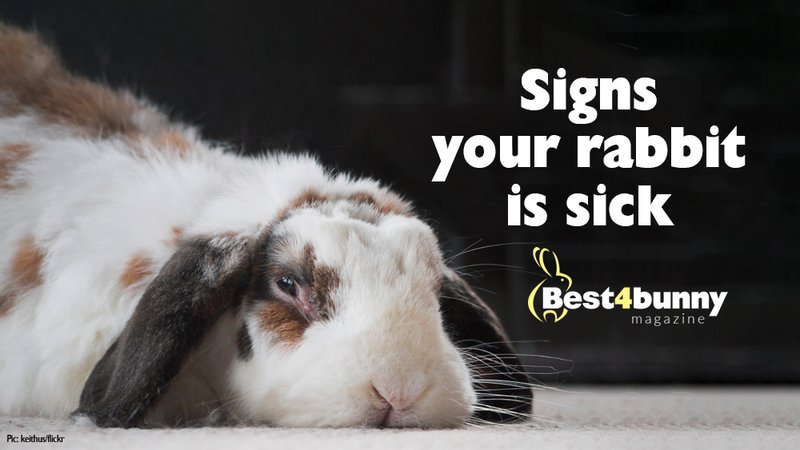
Just like how a dog might wag its tail or a cat might purr, rabbits have their own ways of showing discomfort or pain. If you’re a new rabbit owner or even an experienced one, it’s important to keep an eye out for behaviors that signal health issues. In this article, we’ll dive into what to look for and when to seek help from a vet, ensuring your bunny stays happy and healthy.
Changes in Eating Habits
One of the first things to notice is your rabbit’s eating habits. Rabbits are creatures of habit, and any change can be a red flag. If your bunny suddenly stops munching on its favorite hay, or leaves its pellets untouched, it might be feeling unwell. Remember, a healthy rabbit eats a lot—about the size of its body every day!
Here’s the thing about rabbits: their digestive system is delicate. If they stop eating, they could develop gut stasis, a serious condition where their digestive system slows down or stops entirely. This can happen due to stress, pain, or even a change in diet. If you notice your rabbit isn’t eating for more than 12 hours, it’s time to call the vet.
You might also want to monitor their water intake. Is your bunny drinking less than usual? Dehydration can sneak up on rabbits, especially if they’re not eating. Keeping an eye on these habits can make all the difference.
Abnormal Behavior
Another sign that your rabbit might be feeling sick is a change in behavior. Healthy rabbits are usually curious and interactive. If your bunny suddenly becomes withdrawn, hiding away, or shows less interest in playtime, it might be trying to tell you something.
Think about how you feel when you’re under the weather. You probably want to curl up in bed instead of going out with friends, right? Rabbits can react similarly. They might also become more aggressive or irritable when they’re not feeling well. If you notice these changes, carefully observe other symptoms that may indicate illness.
Bunny body language can be quite telling. For example, a rabbit that’s hunched over or lying flat with ears back might be feeling discomfort. Keeping these signals in mind helps you gauge their emotional and physical health.
Changes in Fur and Skin
The condition of your rabbit’s fur can also provide clues about their health. A shiny and well-groomed coat is a sign of a healthy bunny. If you notice your rabbit’s fur becoming dull, patchy, or starting to shed excessively, it could indicate a health problem.
Additionally, check for any signs of skin irritation, like redness, lumps, or unusual bumps. Rabbits can suffer from skin issues for various reasons, including allergies or parasitic infections. If you spot any abnormalities, it’s best to reach out to your vet for an expert opinion.
Maintaining your rabbit’s grooming routine can help not only keep their coat healthy but also allow you to check for any unexpected changes. Regularly handling your bunny can let you spot problems before they escalate.
Changes in Litter Box Habits
Another critical area to watch is your rabbit’s litter box habits. A healthy bunny will have a consistent potty routine—usually producing small, round pellets. If you notice any changes, such as decreased or absence of droppings, this is a concerning sign.
In some cases, rabbits may produce diarrhea instead. This can lead to dehydration and other serious issues. If your rabbit is having runny stools, you need to contact a vet right away. Remember, rabbits can go downhill quickly if they’re ill, so don’t wait too long to seek help.
Also, take note of their urination habits. If your rabbit is peeing more or less than usual, or if the urine looks different (like cloudy or bloody), it’s time to consult with a professional.
Weight Loss
Weight loss in rabbits can often be subtle, but it’s an important sign of health issues. If you notice your bunny looking thinner or if you can feel its bones more than usual when you hold them, something might be wrong. Healthy rabbits should have a well-rounded body shape and shouldn’t feel too bony or protruding.
Monitoring your rabbit’s weight can be tricky, but weighing them regularly can help you catch problems early. Even small fluctuations can indicate underlying health issues, so it’s good practice to keep track.
If you believe your rabbit is losing weight, pay attention to their eating habits and behavior as well. In combination, these signs can lead you to understand what might be going wrong.
Dental Issues
Rabbits’ teeth grow continuously throughout their lives, which is why dental health is crucial. If your bunny is having trouble eating or seems to prefer softer foods, they might be experiencing dental problems. Overgrown teeth can cause pain and discomfort, making it hard for them to chew properly.
You might notice drooling or a wet chin—this can happen if they’re struggling to eat due to dental pain. Regular dental check-ups can be as important as routine visits for vaccinations. If you suspect your rabbit is having dental issues, don’t hesitate to get them examined by a vet.
Also, keep an eye on how your rabbit chews on its food. A healthy bunny chews consistently and efficiently. If you see a struggle or hear clicking sounds while they eat, it’s time to make that vet appointment.
Signs of Pain or Discomfort
Finally, be on the lookout for any signs of pain or discomfort. This can be a bit tricky, as rabbits are prey animals and often hide their pain well. However, some signs can indicate that your bunny is suffering.
You might observe your rabbit sitting in a hunched position or avoiding hopping around. If they’re unusually quiet or become aggressive when you touch them, these can be signs they’re in distress. You might be wondering, what should I do? The best response is to consult with your vet as soon as possible.
Checking for any physical signs such as swelling, limping, or sensitivity when touched can give clues about their condition. Remember, the sooner you notice something off, the quicker you can get your bunny the help they need.
Keeping an eye on your rabbit’s health is vital to ensuring they live a long, happy life. By recognizing common signs of illness—like changes in eating habits, behavior, and grooming—you can spot potential problems early. Take note of anything that seems off, and don’t hesitate to consult your vet when needed. After all, you’re your pet’s best advocate, and staying attentive can make all the difference in their well-being.
So, stay observant and proactive, and your little bunny will thank you for it with plenty of hop and play!

